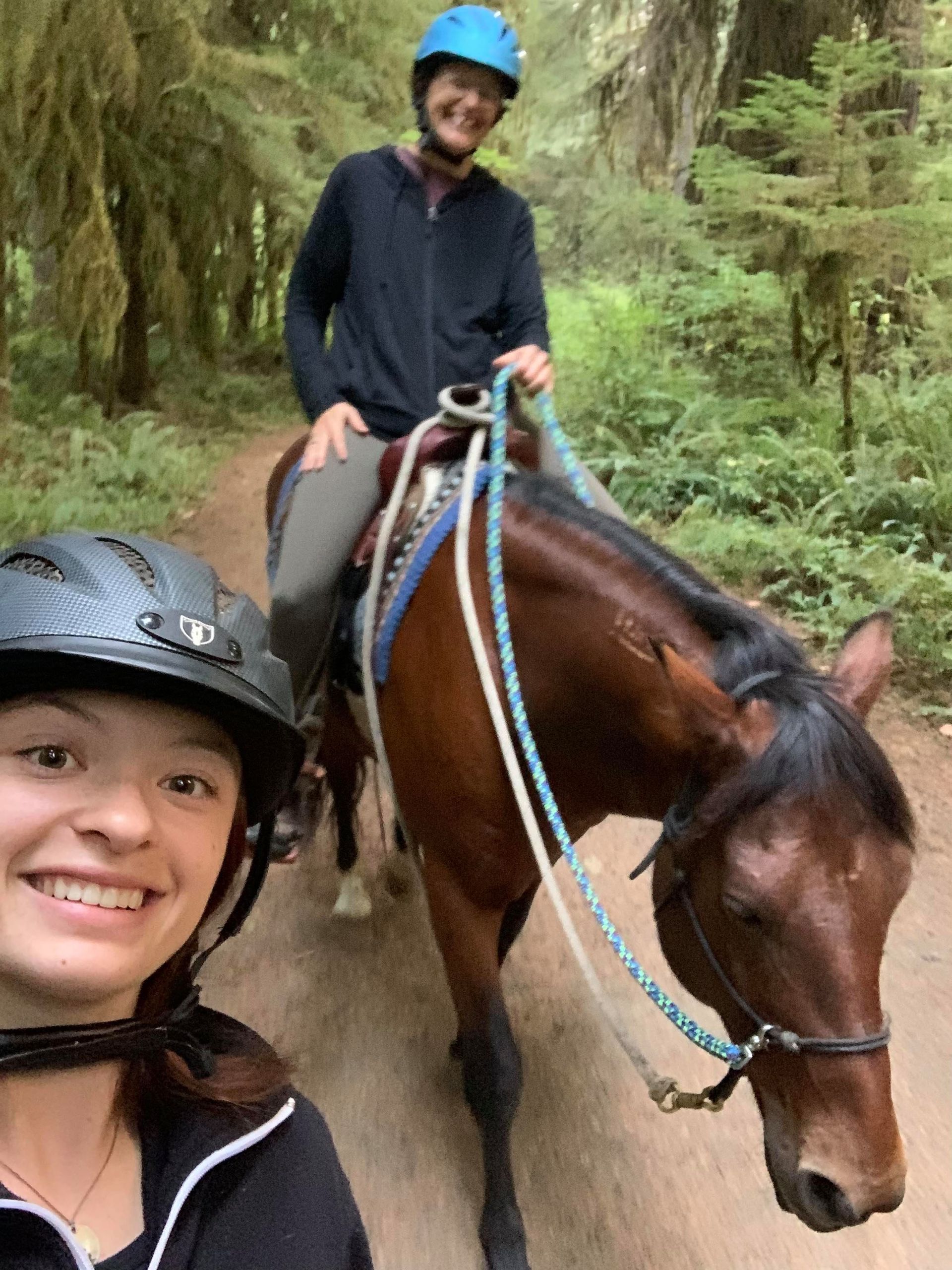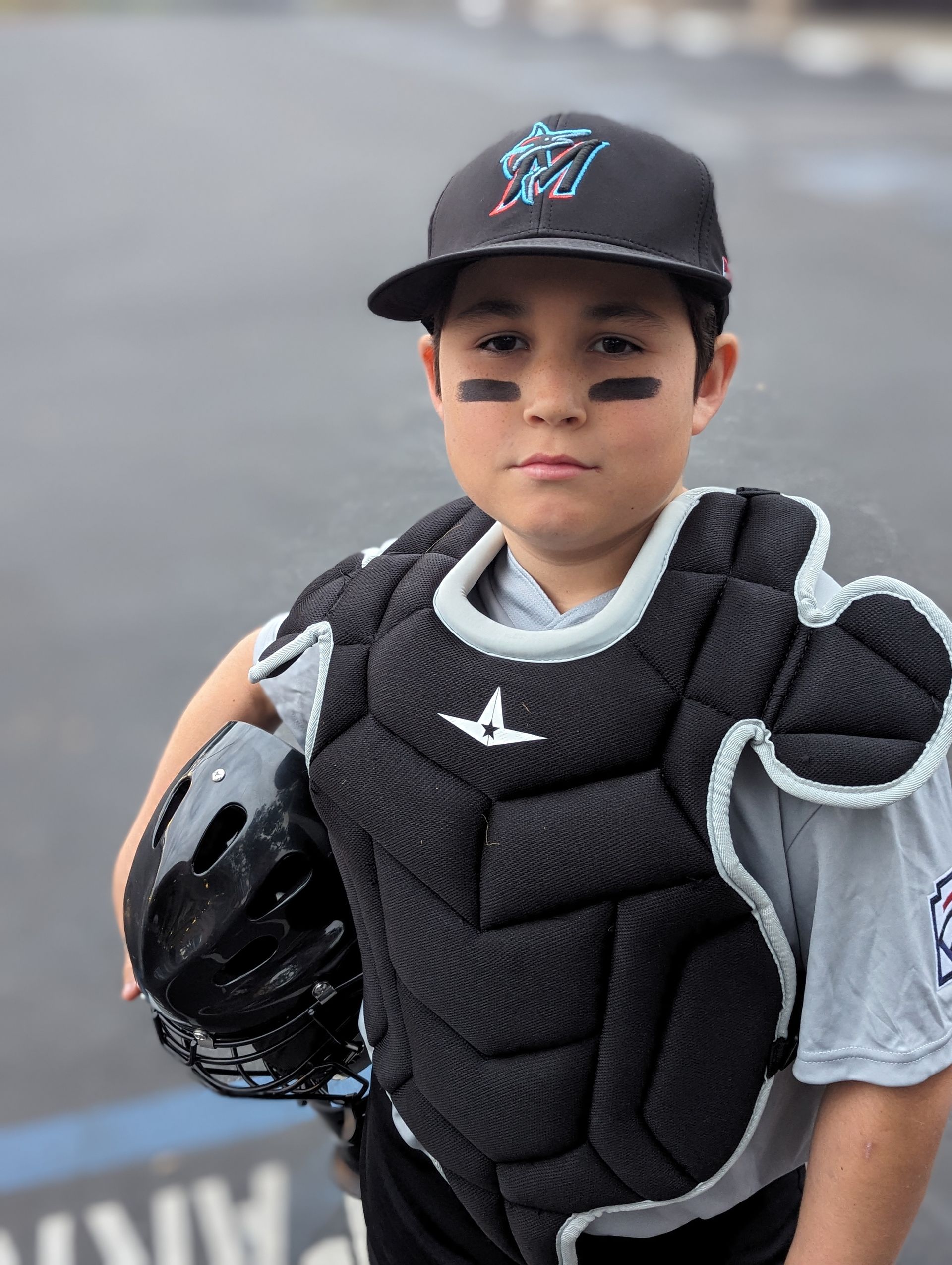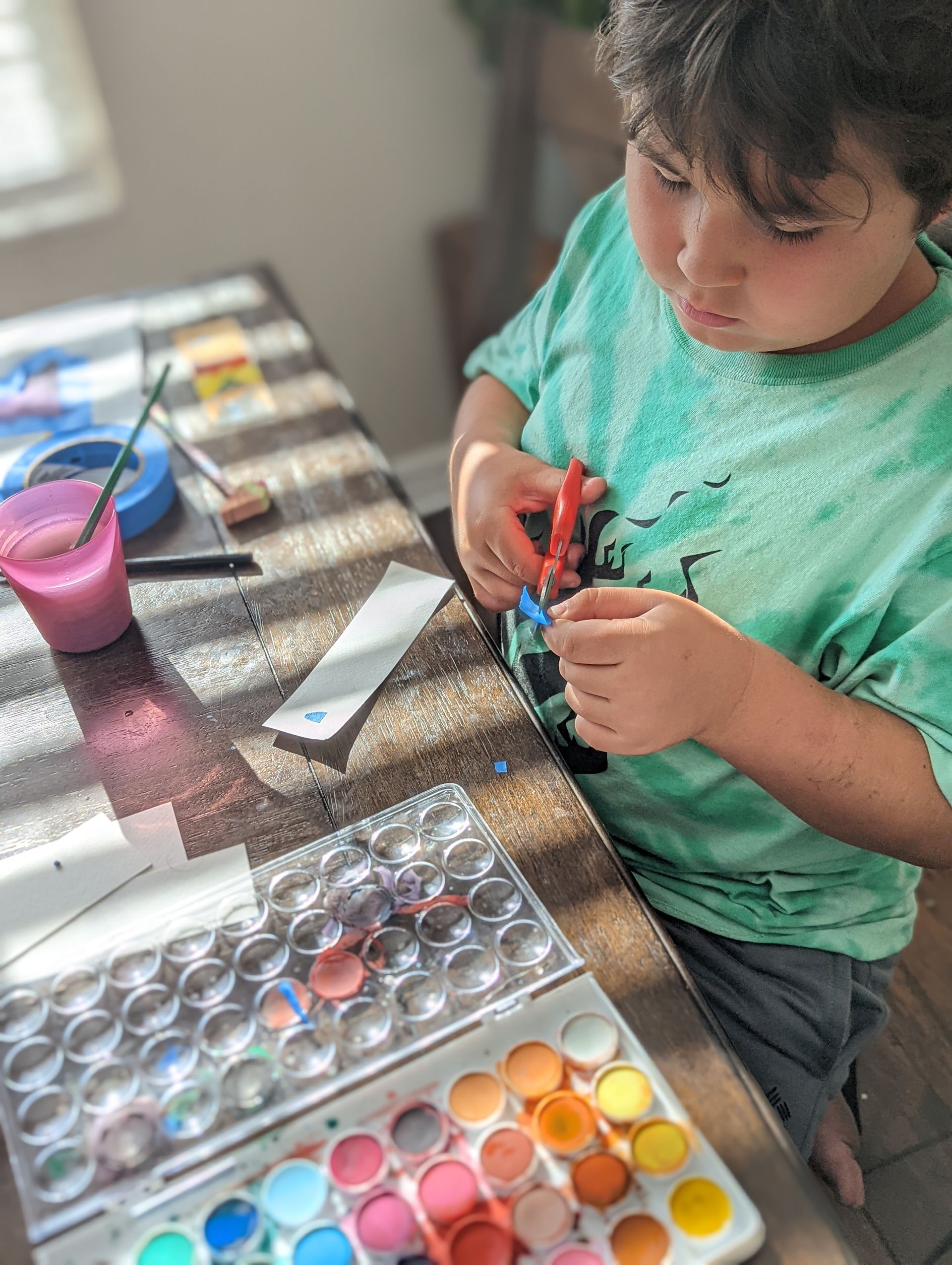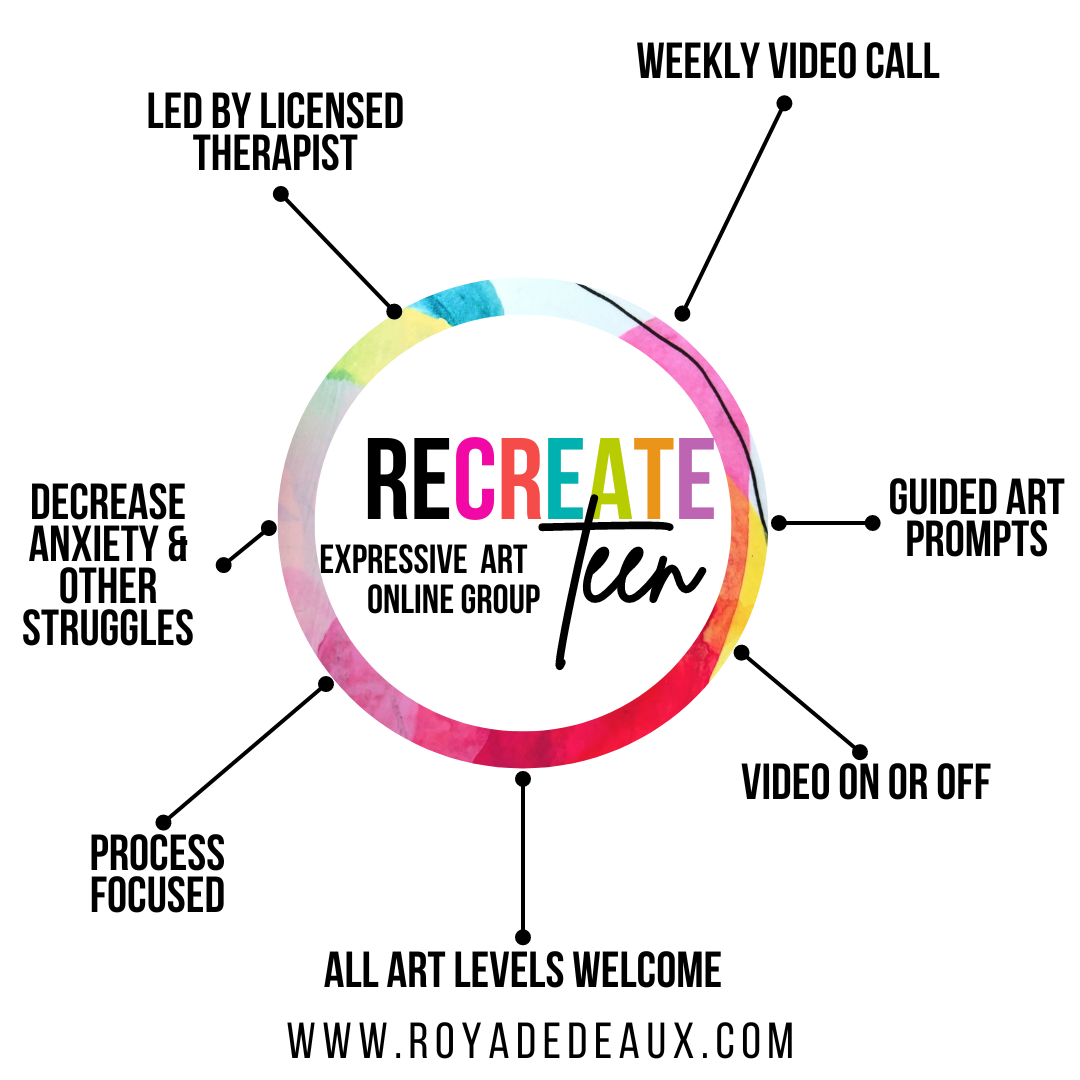How to parent a teenager (5 ways to support your teens)
“I think it’s harder to be a teenager today than it was when we were younger.”
“I think it’s harder to be a teenager today than it was when we were younger,” says a mom in one of my parenting groups. Other parents murmur their agreement. “It feels like they have so much more stuff they’re dealing with. When I was a teenager, I was stressed but all my stress was about my friends and school.
My teenagers are scared of so many things -
their friends have drama, the sexism and racism they see in the world, their futures and feeling capable… it’s like they have all this information but they still don’t know how to handle it.”
It does seem like adolescents in our society today are carrying an awful lot, and it can be easy to forget as their parents that there is always something they might be worrying about.
When teenagers seem moody, when they act distant or pull away from us, when they struggle with focusing on what seems like a simple task, or when they respond to a level 2 question with level 10 intensity - it is important to remember that they are carrying a lot.

It’s also easy to overlook how overwhelmed they might be for a few reasons!
- It can be difficult for teenagers to articulate what’s bothering them. They might think you won't understand, or it's just hard to put it into words.
- Any direction you look there is something a teenager might worry about! It’s one of those close-your-eyes-and-point situations.
- Often, those thoughtful, worried teens know enough to be scared, but lack the ability to process those feelings in a healthy way.
- They might understand enough about the big bad world to be scared, but are in that weird transition place as a teenager where they don’t feel like they have much control over their life.
For example, they see the impact that laws have on their lives, but aren’t old enough to vote. Feeling out of control can lead to a lot of behavior that makes them hard to be around. Fear leads to anger and irritability, to isolating or turning inward, or to depression and paralysis.
It’s important to remember that for our teenagers, there is always something deeply compelling happening! We are always interrupting, always.

You know that feeling when you are watching a really dramatic TV show and your body might be washing dishes but your mind is deeply preoccupied with the fictional story line?
When someone tries to talk to you when your brain is full of that compelling story, it can feel like a jarring interruption. You can get irritated with the circumstance that pulled you out of that world.
That irritation can easily come across as anger towards the person doing the interrupting.
It’s easy to feel like our teens are always mad at us or the world, or to feel like they don’t want us to ask questions or participate in their lives. It’s easy to forget what it felt like to be wrapped up in fear of what’s coming next, the loss of what went before, and uncertainty about everything.
So how can we help our teenagers? How can parents support their teenagers? How can we provide resources or recommendations when our teens are overwhelmed, scared, anxious, or feelings lots of pressure?
5 ways parents can support their teenagers:
1. Have perspective
I don’t know if the world really is harder for teenagers right now. Saying “harder” implies that we are comparing to other moments in history. There have been many terrible things that many teenagers have lived through. But the world certainly doesn’t seem set up for it to be *easy* for teenagers.
There aren’t a lot of spaces where teenagers are welcomed.
Many of the resources that exist for little kids don’t exist for teenagers. Things like playgrounds, for example, both indoor and outdoor, exist for kids to play on. But teenagers get "The Look" when they try to hang out there.

Teens need:
- huge amounts of social time,
- huge amounts of sleep, and
- huge amounts of creative outlets.
And yet, our school systems are set up to make them spend huge amounts of time in places where they:
- aren’t really supposed to openly socialize,
- where their schedule isn’t their own, and
- they aren’t in control of the subjects they spend time focusing on.
This system also tells them they’re supposed to have their whole futures figured out and make decisions locking in that future at a time when it can be agonizingly difficult to decide what color hair to have that week. If your teen feels like they don’t quite fit the mold, like they aren’t ready for adulting, or if they don’t know what they want out of life - they can feel like there is something wrong with them.

2. Use Their Interests
This is hands down the single most important thing that I try to convey to my clients, through my webinars, that I wrote about in my book…
use your teenagers interests as the starting point, the stopping point, the end-all-be-all of connecting with your kid.
Supporting their interest is the single best thing you can do for:
- your relationship with your teenager,
- for their mental health,
- and for their future success.
At a bare minimum, do not:
- disparage things they love to do,
- speak critically of games, music, tv shows - or anything they spend time enjoying, or
- act judgmental about what they love.
Doing those things puts up a wall between you and your teenager. Your job is to break down those walls and keep doors open.
You do that by leaning in to their interests. Take it upon yourself to research their favorite video game, find the sound-tracks to their favorite shows, learn the language and the jargon. (If you struggle with the amount of time your teenager spends on screens, check out this blog post!)
One of the things that’s really important about your kids interests? It’s the gateway to finding mentors and places for them to be the expert.

A Little League Lesson

My son is really, really into baseball. We spend a lot of time out on the Little League field. Our league hires teenagers to be the umpires, and this past week we had the single best blue we’ve ever had. He was probably about 16 years old, and I was so impressed with how he made calls with conviction, stood up to pushy parents, and was consistent in his rulings.
But the thing that made me want to find his parents and shake their hands? He educated the kids. Whenever he could, he explained what was happening or why he made the call he did to the 8 and 9 year olds on the field. It was beautiful to hear and watch. He imparted so much experience to each one of those boys.
It was clear that he’d grown up playing ball in the same league. He now has the opportunity to get trained as an umpire and paid to be out on the field doing what he clearly loves to do. So not only was he making our kids better ball players, but he was able to get his first job somewhere he has knowledge and expertise. I’d write that teenager a letter of recommendation in a heartbeat. His passion for baseball is going to be the platform for quite a lot of his success.
When I was a teenager, I experienced the same turn of events - but in the world of ceramics. I’ve watched other teenagers find mentors, jobs, apprenticeships, and the launchpad for their futures in playing video games, wood-working, piano, horseback riding, competitive cow-showing, and more. Support their interests.
Supporting their interests also gives you the opportunity to look for and see their strengths.
Being able to find and articulate their strengths is a really important part of helping your teenager develop their self-esteem, and it can happen most effectively in those places they are naturally drawn to.
3. Stop Asking Questions

You know the feeling when you’re absolutely starving and someone asks you what you want for dinner? You just want to wail or give up. You don’t want to make that decision - you just want someone to put food in your face! I use this example with parents of teens all the time.
Sometimes we think we are being helpful and kind by giving huge amounts of freedom and space for our teenagers to make all their own decisions - but it isn’t as kind as we think it is. They’re hungry and we are asking what they want for dinner.
You’ve heard of decision fatigue - the idea that we have a finite number of decisions we can easily make in one day, and when we go over that limit it’s EXHAUSTING and we make bad decisions.
Teenagers are always in Big-Decision-Making-Mode
They’re deciding who to talk to, what music to listen to, what they’re feeling, what to do with their lives and futures… there’s basically a steady stream of questions happening on B roll in their minds at all time. A loving way to handle this is to provide narrow options that shows you know them well. If we use the dinner example, you might say, “Do you want a grilled cheese sandwich or spaghetti?” But an even more supportive response would be to just bring them a plate of food that you know they love.

How incredibly supported, heard, and loved do you feel if someone puts down a plate of your favorite snacks in front of you? And of course, if they’re not hungry, if they don’t want the snacks… don’t force it onto them! That’s the difference between giving a gift versus being controlling. And while I originally wrote this all as a metaphor for parenting teens…don’t underestimate the power of food.
Have an artsy kid who would benefit from a low-pressure online group for teens?
I run an online art groups for teens! For $25/week they get up to 3 hours of meeting each week, plus an ongoing discord server! Art is process-based, and the whole thing is super flexible (they don't even need to have their camera on) and no judgment!

4. Focus on changing proportions
If you feel like you have limited time to connect with your teen - whether it’s because everyone is busy, or you have other kids, or because they so rarely leave their room… then instead of focusing on the few times you get to see them or talk to them, focus on making sure that the times you DO hang out with them are disproportionately positive.
If you’re only going to see them 4 times that week - make sure at least 3 of them are just straight enjoyable.
DO NOT
- Comment on how you’ve barely seen them
- Make a "funny" remark about how they've "finally emerged"
- Turn anything into a lesson!
Just. Enjoy. Their. Company.
“But Roya,” I hear you say, “What if they don’t want to hang out with ME?” Then it’s time to pull out the sure-fire way of getting your teenager to spend time with you: go get food.
You and I both know that there is somewhere you could say you’re going that would absolutely get them in the car with you. I recently asked this question in my free facebook group, and the responses were delightfully similar.
Grab your keys and tell your teen that you are going to get boba, ice cream, taco bell, starbucks, or whatever the thing is you know they’ll always say yes to.
Then here’s how you level up:
just enjoy their company. DO NOT try to impart any kind of worldly adult wisdom. ZERO “I told you so’s” about ANYTHING. Be an easy person to hang out with, and they’ll trust your motives more and more.

5. Check your emotions
Every parent I've ever worked with has experienced some version of these fears:
- Urgency: because we know they are just a few short years from “adult”
- Helplessness: because we think that when they're out of our homes we won't be able to help them learn everything they'll need
- Worry: that their moments of “laziness” indicates an overall character trait that will determine the course of their future.

Parenting from this place of fear leads to desperation, which leads to narrow thinking and prevents creative problem solving and teamwork.
You need to take a step back, a deep breath, and process your feelings in a place separate from your teenager. Do the work.
Figure out why certain behaviors of theirs trigger you. What values of yours does it feel like they’re at odds with? Work on having more awareness of yourself so that you can shift your actions.
This is hard to do on your own, and a big reason I offer the 10 week Connect with Courage parenting course.
Checking your own emotions doesn’t mean not providing any feedback. But when you do it from a less personal place, you’re able to listen without judgment and do one more thing that’s really critical: observe with curiosity.
You can make observations and ask questions that are genuine. You can be truly wondering about what drives your teenager. You can be on the same team as you make observations about their behavior or their life and it invites them to make their own observations and articulate their understanding.
So my parenting friends - be curious. Be understanding of what your teenagers lives are full of, and respect that they are very, very full. Pay attention to what they love and show that you value it in every way you can. You have my official, professional permission to throw away all the heavy and focus on enjoying your creative, intense, stressed, hard-working teenagers as often as you can.
Roya Dedeaux is a Licensed Marriage and Family Therapist with a focus on using creative tools like art, writing, and recreation as a way to help teens and their families who don't quite fit the mold.
Roya’s first book, Connect with Courage: practical ways to release fear and find joy in the places your kids take you is the result of her background in Recreation and Leisure Studies and Marriage and Family Therapy and is the base of her Connect with Courage Parenting Course.
She loves running her private practice, creating art prompts for her
two online art groups, and running games and challenges in the
free Recreate Parenting Facebook community! When she's not doing that, she loves to make messes with her three wild & wonderful kids where they live and play hard in Southern California.
Connect With Courage





